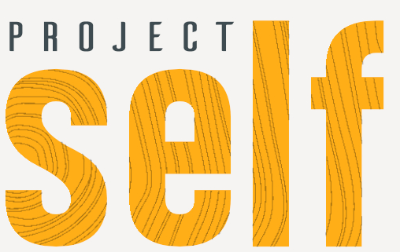It’s interesting that to question someone as to their motives seems to have a negative connotation. As if there is a sense of something underneath, undeclared and invisible that is driving the person’s behaviour towards their own ends. As if to have a motive, an end in mind, is a negative state which creates deception. When we question someone’s motives, is it because it is not clear from their actions what their intentions are, so we are concerned that things are not as they seem?
Yet a motive is a creative, personal and powerful thing. It’s the source; it’s the driver for what we do. It’s our motivation. Knowing what our motives are – the object of our actions, thoughts, energies and desires – will prompt action and so cause motion. To have a motive creates the motivation in other words – the movement and energy around our intention. It’s not disingenuous to have motives, unless our actions disguise our intent. The clearer our behaviour and actions show who we are, what we care about and what excites us, the more likely people are to understand and support us. To declare our motives and our intent, firstly to ourselves and then to others is part of getting closer to a life that has meaning and purpose. To name our wishes. To allow our wishes. To follow our wishes. To actualise them. The motive is our why, our reason, our call for action.
Someone’s intention is often viewed more positively, along the lines of ‘they meant well’. To develop our intent means identifying purpose through both state of mind and action; to know what has meaning or significance for us. It also means focusing our intention, a sense of determination or feeling resolved; determining mentally on an end result. A purpose or attitude that affects our actions and behaviour.
Clarity of mind, aligned to heart, can bring our wishes to fruition. Listening to ourselves and knowing ourselves brings about clarity. It also enables us to realise what is not important and so discern and chose what we value and how we chose to live. To have motives and set intentions is to live more closely to who we are.
My concern with too strong a goal setting and goal orientation focus in performance coaching is that what we do and achieve becomes more important than who we are and our sense of self worth can become over-identified with ‘getting’ and ‘when I’ve got’. Achievements and productivity can start to define and measure how we see ourselves and life and can exclude the beauty in the place where we already are, the capacity to just be and to accept ourself. Goals can be hefty tools with which to berate ourselves and measure our success, our performance; what we have ‘done’.
As ever, in exploring these concepts the answer lies in balance. In learning and in being kind to ourselves. Ambition and drive are positive character traits when they are in balance with allowing, when the focus is not at the expense of seeing what else there is in the surroundings. Ambition is the choice to have, to be, to do or to experience something else, something greater with our life. To have focus and energy and clarity enables us to direct ourselves postively into new adventures and to take risks. But to focus, strive and push too much for something we want to atain, or think we need to do; if we think that having that thing will make us happy, can abstract us from what we already have.
Aspire. Desire. And apply the self in action wilfully. Mental clarity creates choice. Motivation creates change. We create commitment and effort through intention. But first must come attention and belief in our self.
